Department of Computer Science
Certificate Program
The Computer Science Certificate Program is a post-baccalaureate program designed to strengthen the expertise of professionals in key computer science areas. Graduates of the program will be better able to contribute to the rapidly changing technological work environment of the local economy. Classes meet in the evening, and a student may take up to five years to complete the requirements.
Admission Requirements
- A baccalaureate degree from an accredited institution and completion of the following courses in mathematics and computer science: Calculus of one variable (e.g. Calculus I and II), one additional mathematics course beyond Calculus, (e.g. Linear Algebra, Differential Equations, Abstract Algebra, Advanced Calculus, Discrete Structures or Probability and Statistics and COSC 503 - Software Design and Development (or equivalent).
- Applicants who do not have the required mathematics and/or computer science background may be granted provisional admission subject to the completion of these requirements within the first four semesters. Completion of these requirements will not be a part of the applicant’s graduate program (refer to the Graduate School Catalog).
- These requirements are identical to the requirements for students seeking to earn the master’s degree in computer science. Students admitted to the master’s degree program would also be eligible to earn a certificate by taking appropriate courses. Students admitted for the certificate program would also be admitted to the master’s degree program; certificate courses count toward the master’s degree, and the certificate student could easily switch to the degree option.
Certificate Requirements
- A minimum of 12 credit hours of course work (four courses, three credits each), together with their prerequisites if any, from the chosen track, with an overall grade point average of 3.00 or better. The program must be approved by the student’s academic advisor.
- All credits must be completed at Bowie State University.
- All requirements must be completed within a period of five (5) consecutive years.
Click here to view the required courses.
Available Tracks:
Data Base Management/Artificial Intelligence
Students study concepts necessary for designing, implementing and using data base systems. Students are also exposed to some advanced concepts, such as intelligent user interfaces and distributed and object-oriented data bases.
Networks and Distributed Systems
Students study general principles of computer communication, network architectures and programming using TCP/IP protocols, distributed computing design issues, and network based operating systems.
Scientific Software Development
Students study numerical techniques for solving various scientific problems. Topics include numerical analysis, queuing theory, and modeling and simulation.
Software Engineering
Students implement all phases of the software development cycle by designing software projects, working in and managing software development teams.
Graphics and User Interfaces
Students create and manipulate digital models and images. Students also investigate graphics rich user interfaces and image processing techniques.
Geographical Information Systems and Image Processing
Students study computer-based systems for storing, retrieving, analyzing and displaying complex spatial data. Students also learn image processing techniques for finding relations between survey maps and images from remote sensing devices, for environmental monitoring and for land use development.
